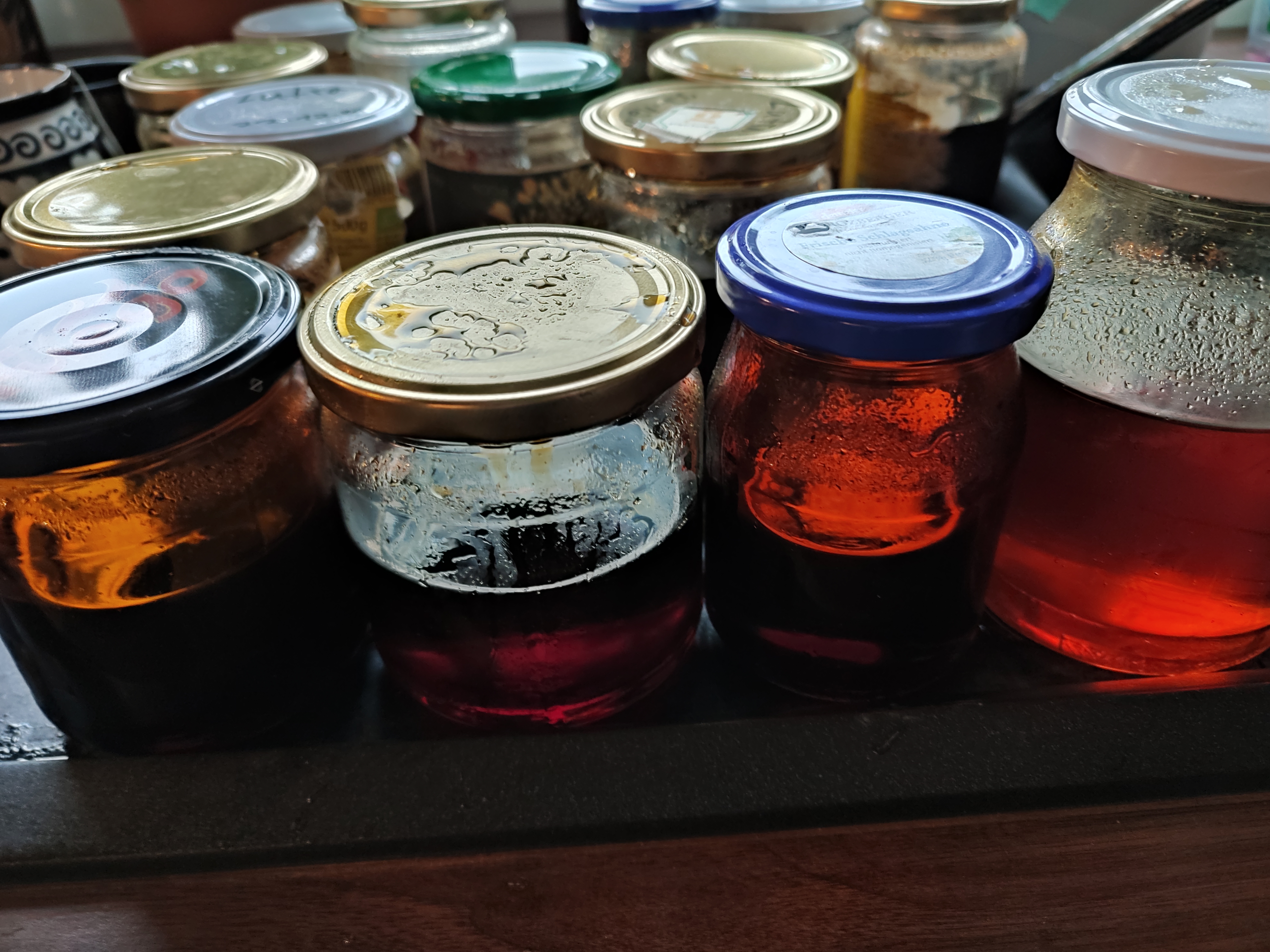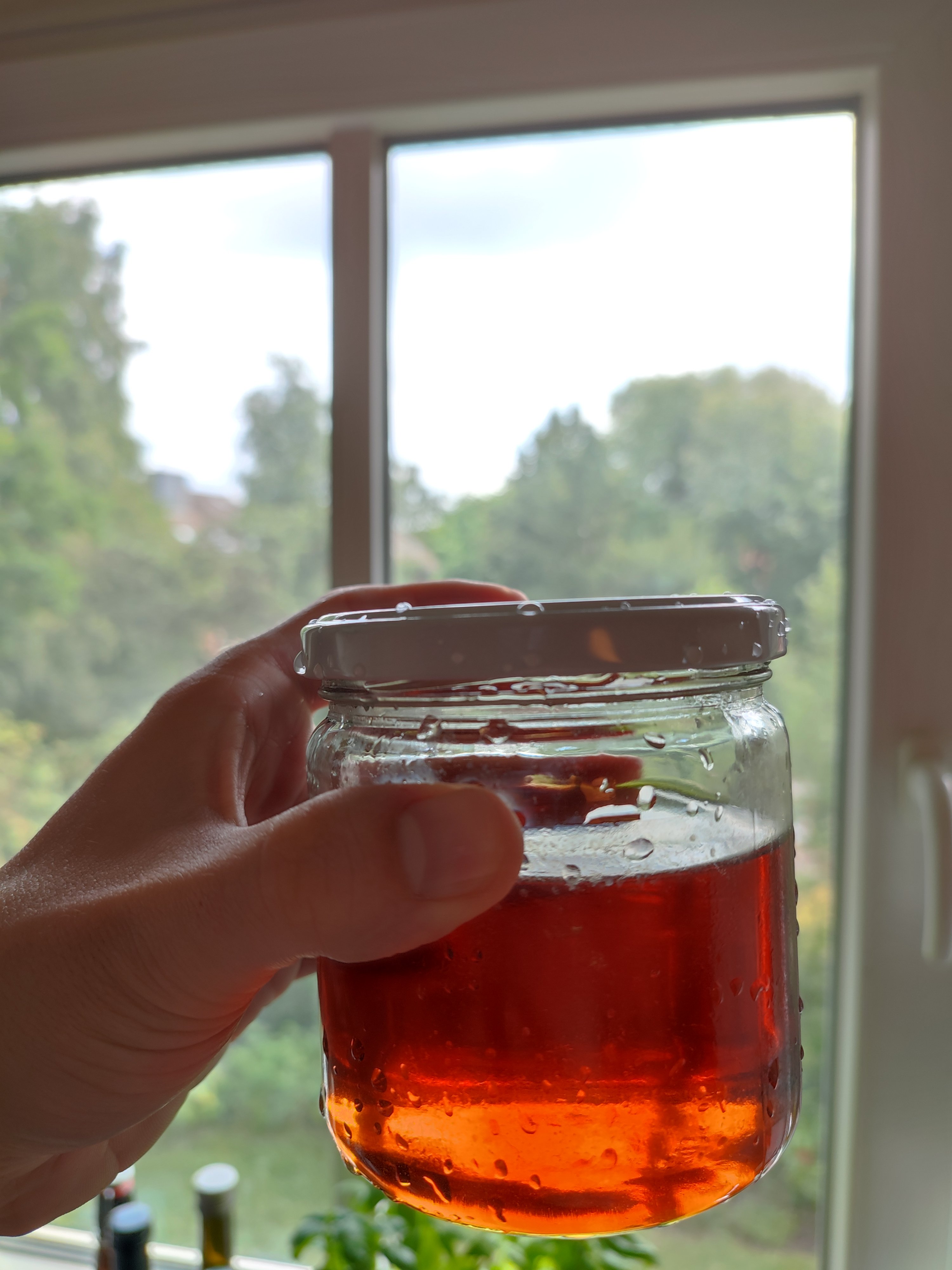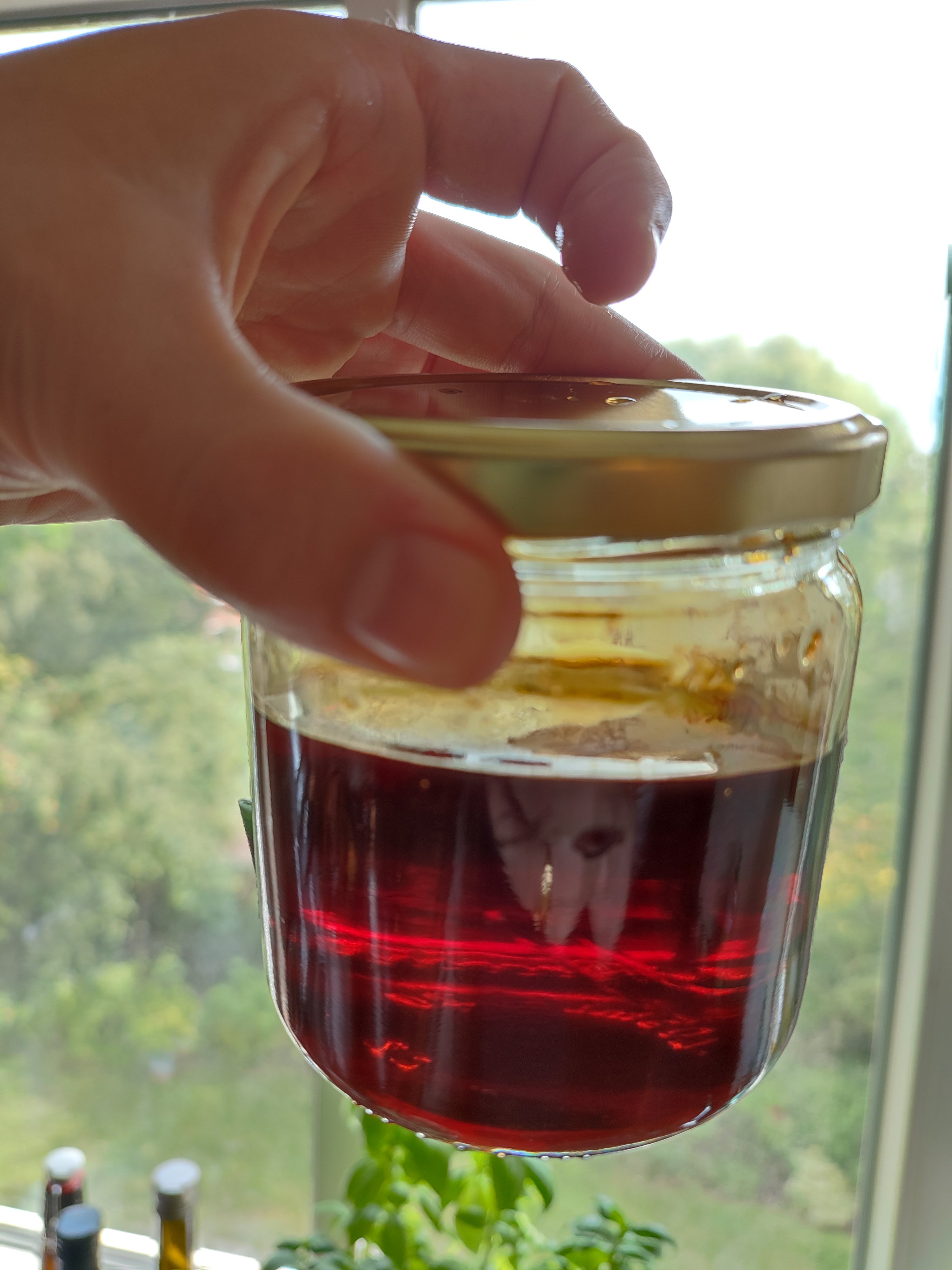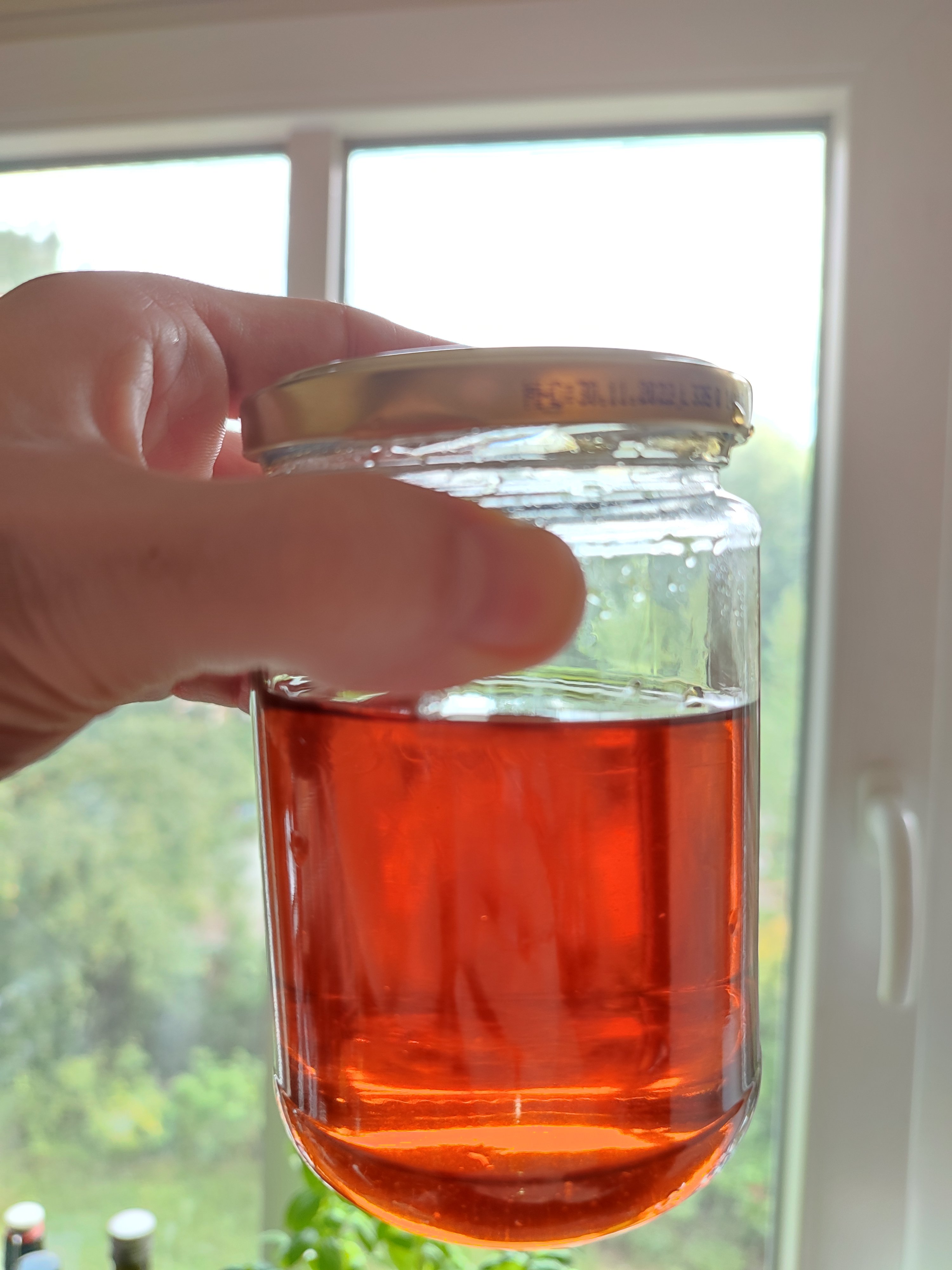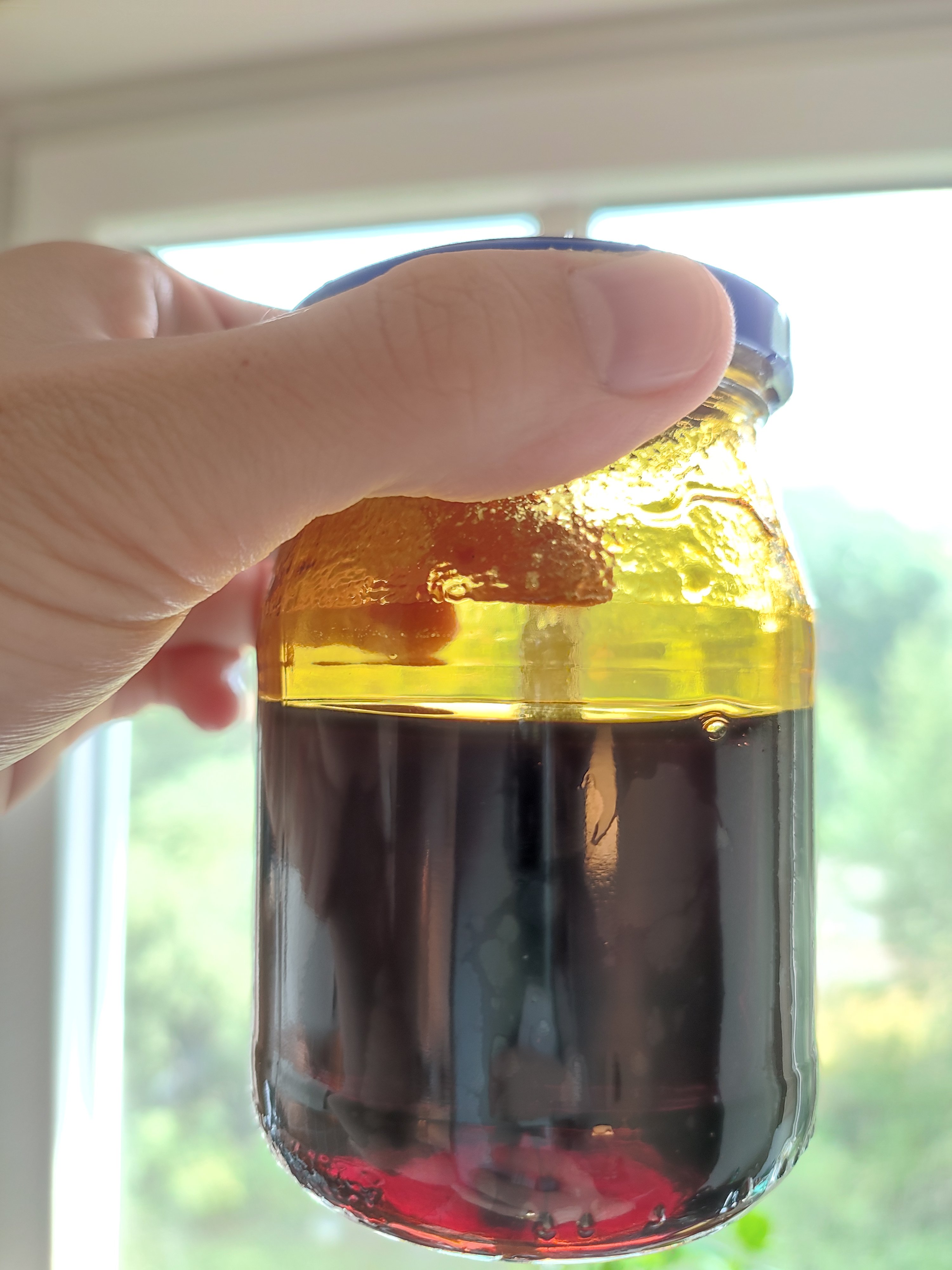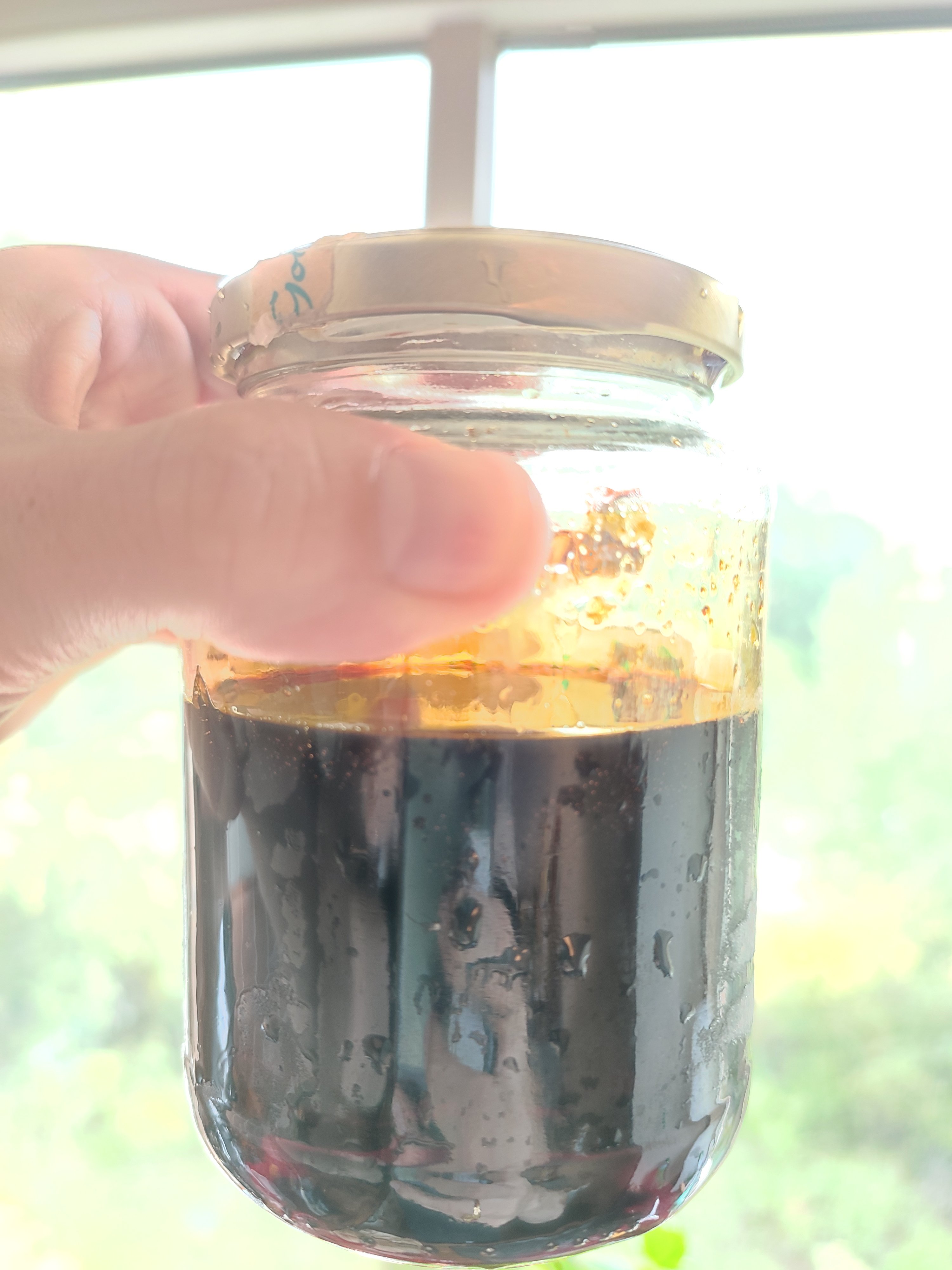Refined sugars are usually sucrose, dark sugars are either refined sugar with additives or partially refined sugar. Yeast cannot ferment sucrose, but must first break sucrose into glucose and fructose, which it can digest, using an enzyme called invertase.
When light is passed through a sucrose, that light is angularly rotated, but when passed through glucose and fructose solution will rotate in the opposite direction, hence the term invert. Ragus, the name of the company that has for many years produced invert for breweries in UK is so called because that is the word sugar, inverted.
A solution of sucrose and water heated will slowly invert to glucose and fructose, and the rate of change increases as the temperature increases. When acid is added to the solution the reaction will be further speeded, the rate of conversion in some way proportional to the higher is temperature and lower is pH.
A simple and effective method is to add 2 lbs of sugar to a pint of water (US measures) in a pan and heat while stirring to get the suar to dissove. At about 70C/160F it will mostly be in solution and by adding a teaspoon of citric acid crystals will be seen to completely clear as the inversion begins by releasing molecules of water as sucrose divides. Continue heating until the mixture simmers gently, when the heating should be eased to keep a very gentle simmer until the mixture (if from pure white sugar) will slowly color a light yellow, when the heat should be removed. Inversion will continue until the mixture is cool or the acidity neutralized with sodium carbonate or precipitated chalk. Sodium bicarbonate can be used, but stand well back and protect valuables. Up to about 8% of other, particularly darker, sugars to this now mostly pure invert sugar will add extra flavor and/or color. Then adding about 15% dextrose will seed crystallization and form a solid block, but don't then store in a jar as it won't easily come out.
Try that to compare with your usual sugar additions.








































![Craft A Brew - Safale S-04 Dry Yeast - Fermentis - English Ale Dry Yeast - For English and American Ales and Hard Apple Ciders - Ingredients for Home Brewing - Beer Making Supplies - [1 Pack]](https://m.media-amazon.com/images/I/41fVGNh6JfL._SL500_.jpg)

















